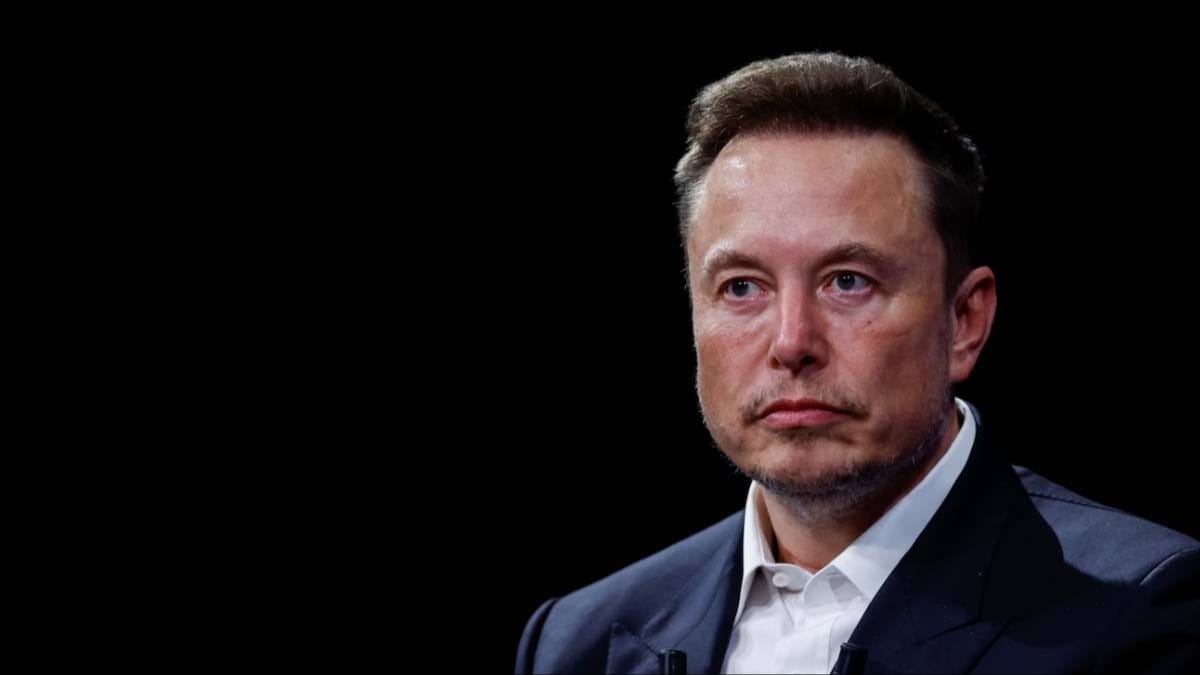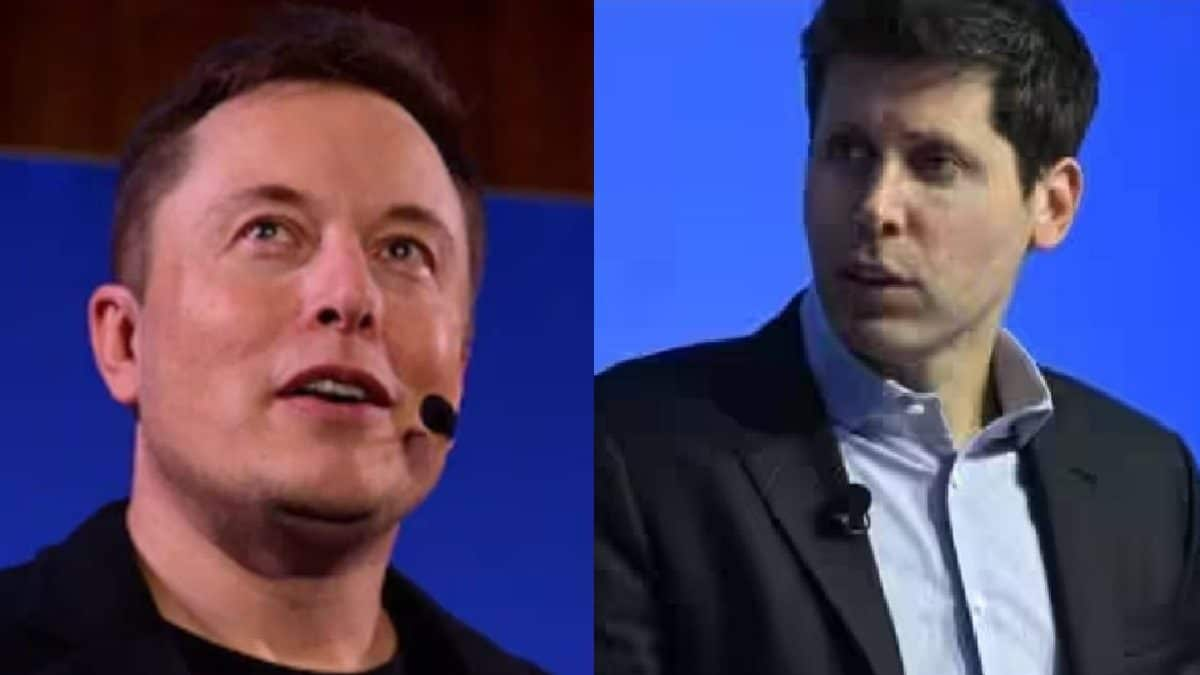Elon Musk is taking legal action against OpenAI and its CEO, Sam Altman. He claims that the partnership between OpenAI and Microsoft is putting at risk OpenAI’s initial goal as a nonprofit organization.
Musk’s lawyers argue that OpenAI has essentially become a part of Microsoft, operating in a closed-source manner. They claim that under its new leadership, OpenAI is not only creating but also improving an Artificial General Intelligence (AGI) to primarily benefit Microsoft’s profits rather than serving the greater good of humanity.
The lawsuit, filed on Thursday, also targets OpenAI co-founder Greg Brockman. According to the lawyers, the company’s shift to a “capped-profit” model violates its original commitment as an open-source, nonprofit organization established in late 2015.
Quoting from OpenAI’s founding agreement, the lawsuit highlights the commitment to technology benefiting the public interest and the corporation’s intention to open-source technology for public benefit when appropriate. The agreement explicitly states that the corporation is not established for the private gain of any individual.

OpenAI’s Journey from Nonprofit Origins to Corporate Concerns
In 2019, the company established OpenAI LP, a hybrid of for-profit and nonprofit entities. OpenAI explained in a blog post at the time that this structure aimed to provide investors and employees with a limited return if the company successfully achieved its mission. Any additional returns were promised to be directed to its nonprofit arm.
The company was initially established as a nonprofit research lab in December 2015 by Altman, Musk, and Brockman. Musk withdrew from OpenAI in 2018, yet his lawyers claim he continued contributing until mid-September 2020.
The lawyers also contend that OpenAI kept GPT-4 under wraps, and Musk expressed concerns about the dangers of artificial general intelligence, particularly in the hands of a for-profit entity like Google.
Recently, Musk has been vocal about his dissatisfaction with OpenAI’s shift towards profit-making and its ownership structure. He questioned the legality of OpenAI’s structure, expressing hesitance to accept offered shares due to ethical and potentially legal concerns.
In November, Musk shared his thoughts on OpenAI’s corporate structure following Altman’s brief removal as CEO, stating that OpenAI maintaining partial independence is likely better for the world than merging with Microsoft, as it avoids excessive concentration of power.
Microsoft has heavily invested in OpenAI, with the first contribution made in 2019. In January, Microsoft CEO Satya Nadella expressed no concerns about OpenAI’s ownership structure. Emphasizing the importance of good governance for the ChatGPT maker rather than control over the company.


Leave a Reply